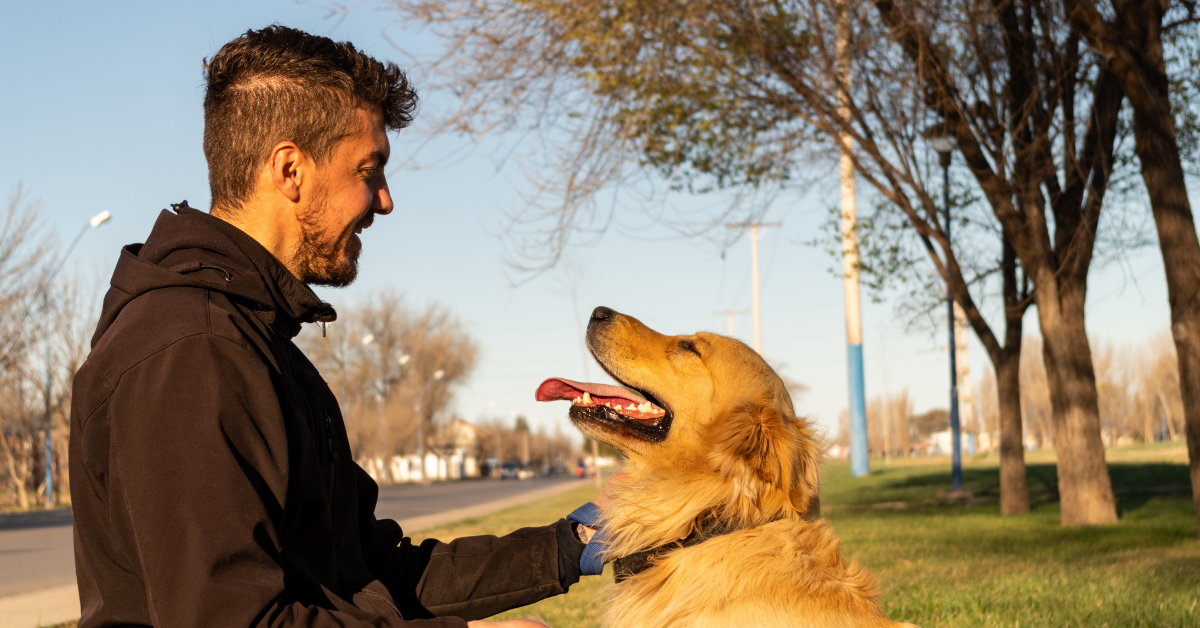Will My – Elmhurst, Naperville, Downers Grove, IL – Pet Be OK With Our New Bundle Of Joy?
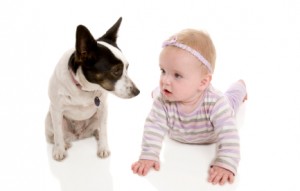 For some of us in the East Chicago suburbs, 2012 is going to be “the year”. The year to become a parent!
For some of us in the East Chicago suburbs, 2012 is going to be “the year”. The year to become a parent!
During this stage in life, common questions from our pet parents in Elmhurst, Naperville, Downers Grove, IL and the surrounding area include, how can I be sure my pet is ready for our new bundle of joy? and how will my pet react to the new baby? No matter how much you plan, the addition of a new family member may be difficult for your pet.
Odds are if you’re an Eastside Chicago, IL Floofins pet sitting client, your dog or cat was your first “baby” and is used to being the center of your universe. With that being said, it is understandable that your pet may experience a sibling rivalry of sorts when you introduce a new human into the household.
As you read all of the baby books and plan for your new family member, you need to also plan for your pet and make sure they are ready for the new addition to the family. While you work on getting the nursery ready, keep an eye on the following suggestions from the Humane Society of the United States. Adding these steps to your nesting phase can make introducing your pet and baby safer and smoother for all.
Before Baby
Take your pet to the veterinarian for a routine health exam and necessary vaccinations.
Spay or neuter your pet. Not only do sterilized pets typically have fewer health problems associated with their reproductive systems, but they are also calmer and less likely to bite.
Consult with a veterinarian and pediatrician if the thought of your newborn interacting with the family pet makes you uncomfortable. By working with these experts before your baby is born, you can resolve problems early and put your mind at ease.
Address any pet training and behavior problems. If your pet exhibits fear and anxiety, now is the time to get help from an animal behavior specialist. If your pet’s behavior includes gentle nibbling, pouncing, or swatting at you and others, redirect that behavior to appropriate objects.
Get your pet used to nail trims.
Train your pet to remain calmly on the floor beside you until you invite him on your lap, which will soon cradle a newborn.
Consider enrolling in a training class with your dog, and practice training techniques. Training allows you to safely and humanely control your dog’s behavior and enhances the bond between you and your pet.
Encourage friends with infants to visit your home to accustom your pet to babies. Supervise all pet and infant interactions.
Gradually accustom your pet to spending less time with you. Drastically decreasing attention and frequently scolding, ignoring, or isolating your pet after the baby comes home will likely make your pet feel stressed. If your pet is particularly attached to the mother-to-be, another family member should develop a closer relationship with the animal. That way, the pet can still feel loved and provided for while mom is busy with the baby.
Accustom your pet to baby-related noises months before the baby is expected. For example, play recordings of a baby crying, turn on the mechanical infant swing, and use the rocking chair. Make these positive experiences for your pet by offering a treat or playtime.
To discourage your pet from jumping on the baby’s crib and changing table, apply double-stick tape to the furniture.
If the baby’s room will be off-limits to your pet, install a sturdy barrier such as a removable gate (available at pet or baby supply stores) or, for jumpers, even a screen door. Because these barriers still allow your pet to see and hear what’s happening in the room, he’ll feel less isolated from the family and more comfortable with the new baby noises.
Use a baby doll to help your pet get used to the real thing. Carry around a swaddled baby doll, take the doll in the stroller when you walk your dog, and use the doll to get your pet used to routine baby activities, such as bathing and diaper changing.
Talk to your pet about the baby, using the baby’s name if you’ve selected one.
Sprinkle baby powder or baby oil on your skin so your pet becomes familiar with the new smells.
Plan ahead to make sure your pet gets proper care while you’re at the birthing center.
After Baby
After the baby is born have your partner or friend take home something with the baby’s scent (such as a blanket) for your pet to investigate.
When you return from the hospital, your pet may be eager to greet you and receive your attention. Have someone else take the baby into another room while you give your pet a warm, but calm, welcome. Keep some treats handy so you can distract your pet.
Bring your pet with you to sit next to the baby, reward your pet with treats for appropriate behavior. Remember, you want your pet to view associating with the baby as a positive experience. To prevent anxiety or injury, never force your pet to get near the baby, and always supervise any interaction.
Life in the East Chicago suburbs will no doubt be hectic caring for your new baby, but try to maintain regular routines as much as possible to help your pet adjust. And be sure to spend one-on-one quality time with your pet each day—it may help relax you, too. With proper training, supervision, and adjustments, you, your new baby, and your pet should be able to live together safely and happily as one (now larger) family.
Pet Sitting & Care
Elmhurst, Donners Grove, Naperville, IL
855-748-6935
Other Recent Blog POsts
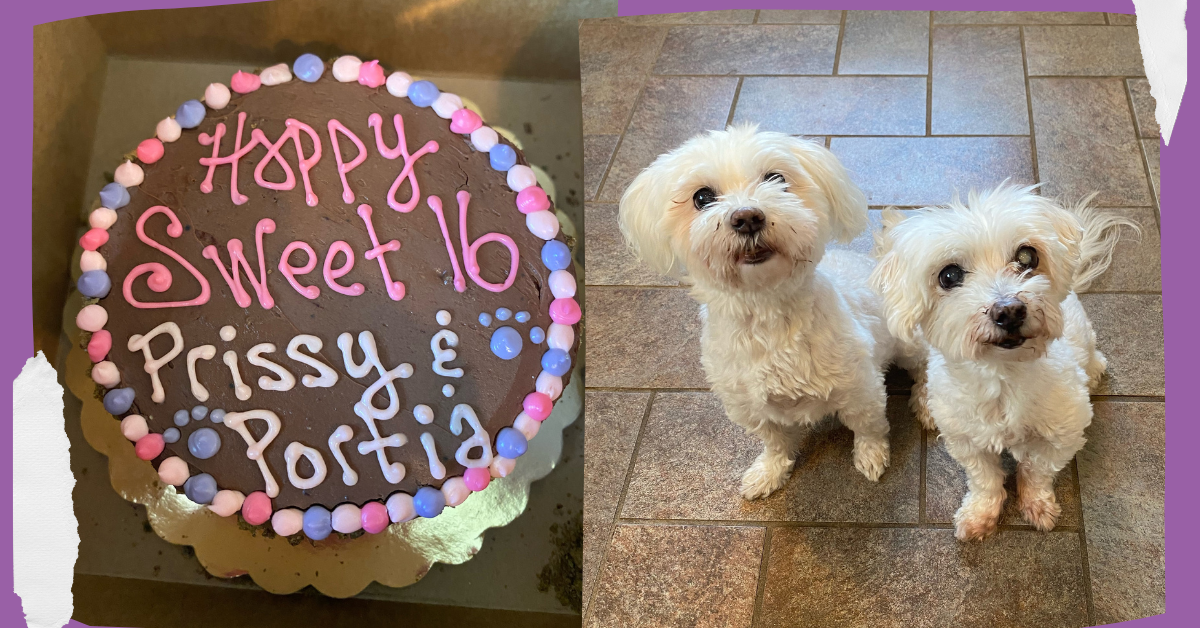
Celebrating The Original Floofins’ Sweet 16
July 24, 2024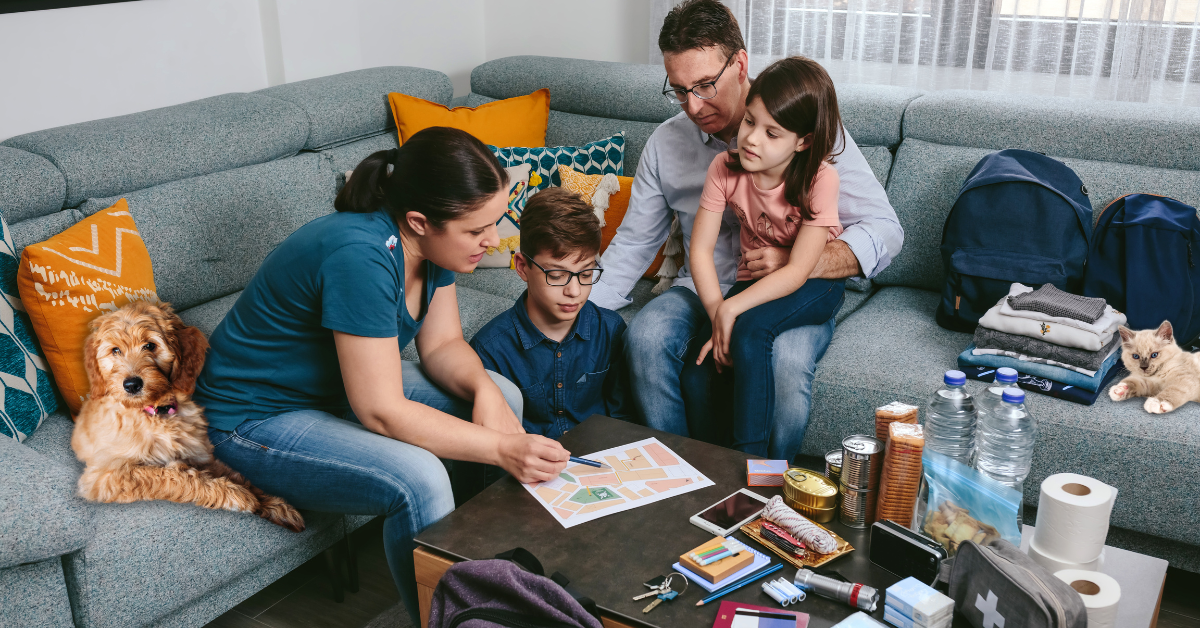
Emergency Planning for Your Home & Pet
July 18, 2024
Beyond the Blurry Phone Pic: Schedule Professional Pet Photos Instead
July 10, 2024
Keeping Chicago Pets Safe on the Fourth of July
July 1, 2024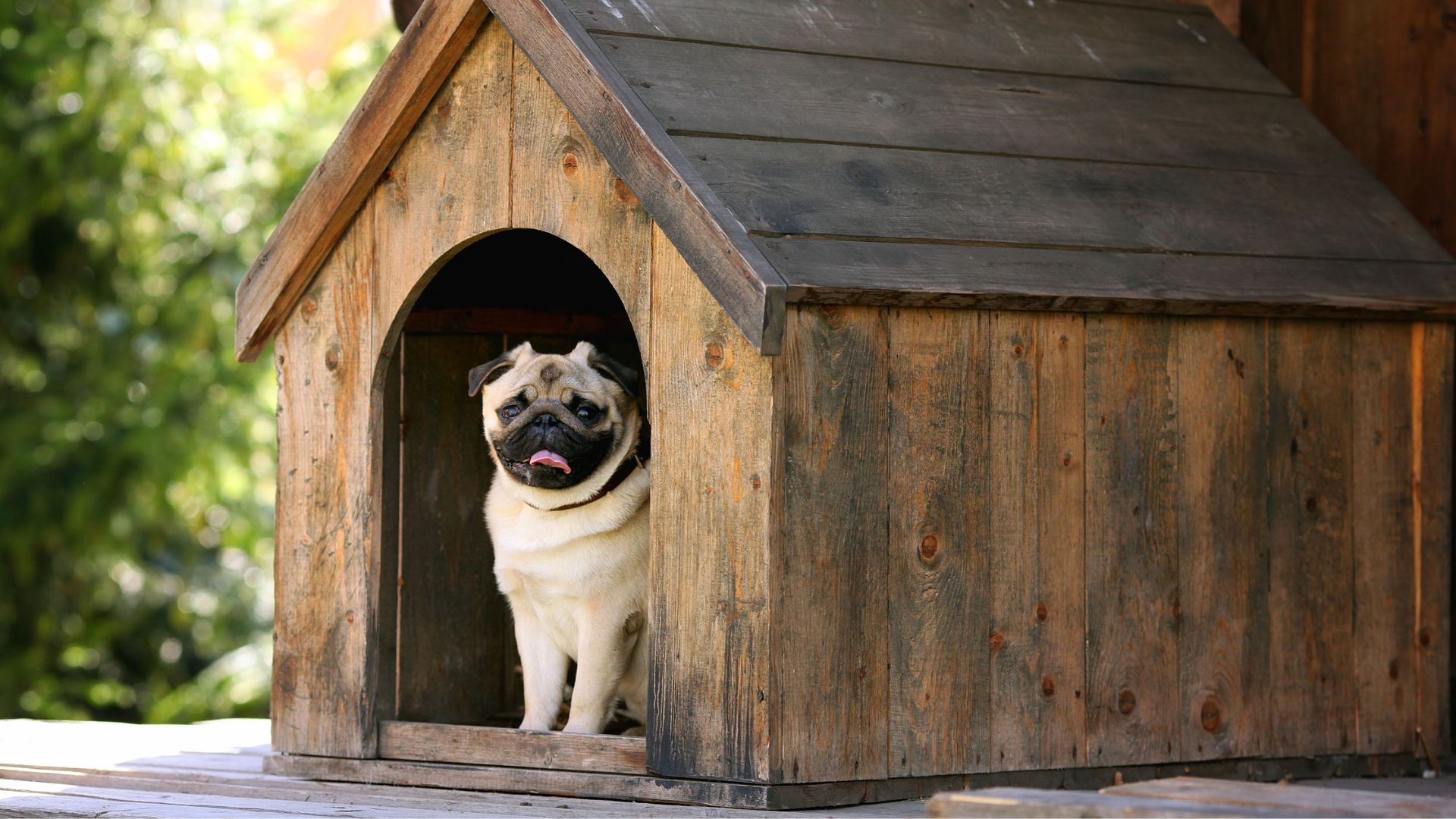
Why Floofins & Co. Leads the Pack
June 26, 2024